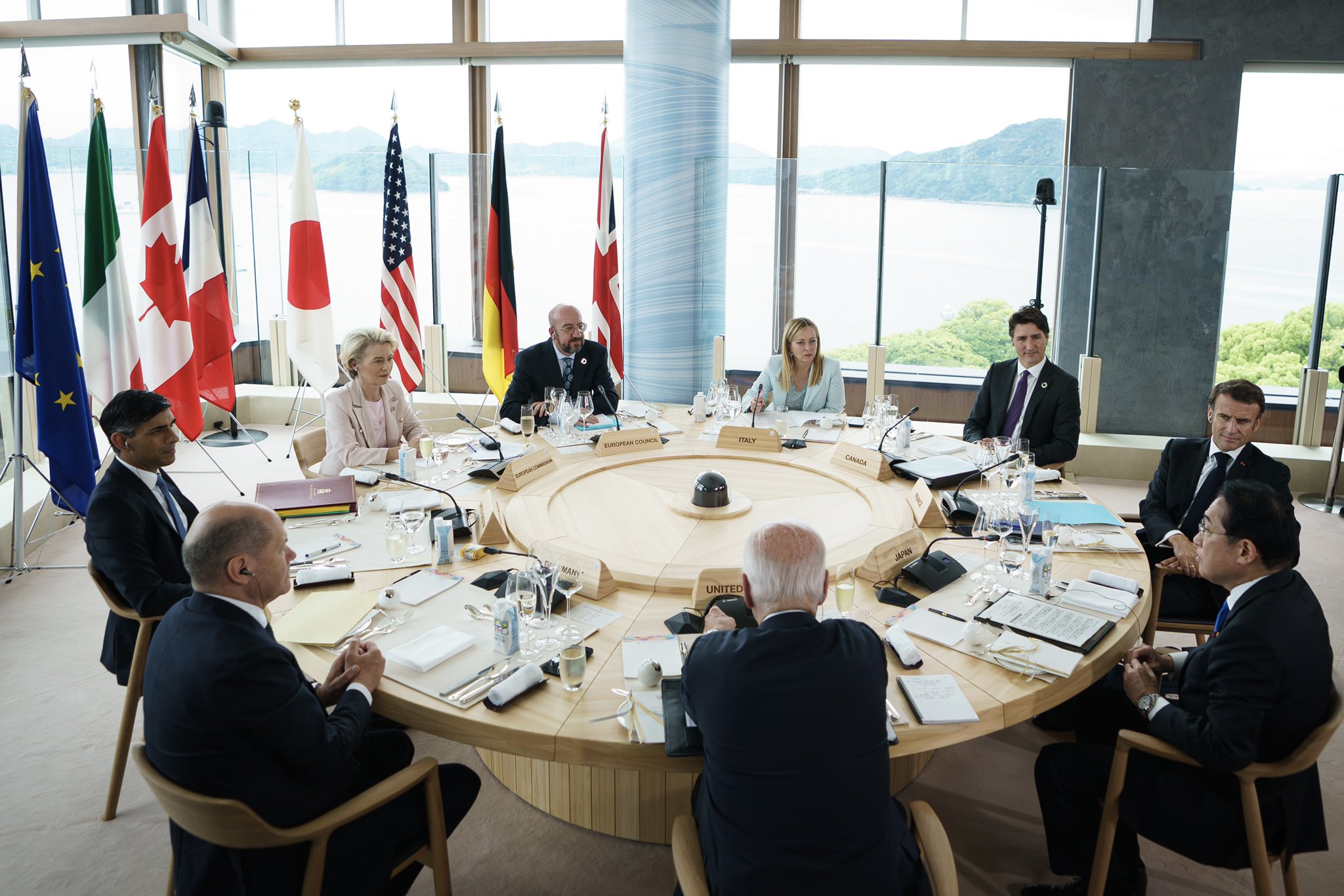Energy for a Secure Future (ESF) and affiliate organizations were active in the lead up to the G-7 Leaders’ Summit on May 19th. This included meetings with diplomatic and government representatives and responding to requests for feedback on the April 16th Communiqué of the G-7 Climate, Energy and Environment Ministers.
A group of Indigenous organizations, friends of ESF, also provided feedback. They noted, among other things, that the language in the Communiqué around liquified natural gas (LNG) was not sufficiently supportive to encourage investment and growth. This could impact their economic rights and the work their members have done to be part of major energy projects and to advance reconciliation.
The effort garnered good coverage, as highlighted by articles in Politico, the Daily Oil Bulletin, Squamish Chief, and Alaska Highway News. John DesJarlais, Executive Director of the Indigenous Resource Network and one of the five signatories, emphasized the need for an endorsement of natural gas in the final communiqué of the G-7. Karen Ogen, Executive Director of the First Nations LNG Alliance, another signatory, emphasized that Indigenous people are finally being included in such discussions through equity agreements.
The 2023 G-7 Summit has concluded, and its outcome documents highlighted global issues, including the urgency of the global energy crisis, and with an acknowledgement of the important role of increased LNG supply.
Notably, the April 16th Communiqué stated, “In this particular context, and recognizing the primary need to accelerate the clean energy transition through energy savings and gas demand reduction, investment in the gas sector can be appropriate to help address potential market shortfalls provoked by the crisis, subject to clearly defined national circumstances.” LNG could be understood to be a secondary priority.
However, the final May 20th Communiqué shows an increased level of support for LNG: “In this context, we stress the important role that increased deliveries of LNG can play and acknowledge that investment in the sector can be appropriate in response to the current crisis and to address potential gas market shortfalls provoked by the crisis.”
This positive change was part of an overall emphasis in the outcomes of the Summit, which included a strong focus on traditional security and economic security. Energy is vital to both, as has been seen over the past 18 months and gas energy, including Canadian LNG can play an important role to deliver a more secure future. ESF looks forward to ongoing engagement.
